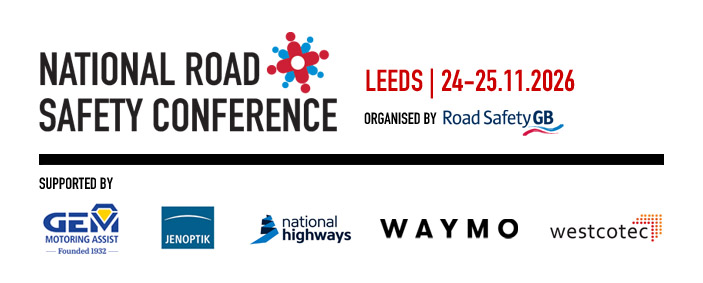Are we there yet with Graduated Driver Licensing in Britain? The politics of young driver risk
Britain has some of the lowest road collision casualties globally, yet tens of thousands of people are killed or seriously injured each year: fatal injuries from young driver collisions are over represented within these numbers.
Young driver collisions are responsible for the deaths or serious injuries of three groups: the driver (28%), their passengers (21%), and ‘other’ road users (51%), and, after decades of decline, numbers have started to increase since 2021 (11%). Graduated Driving Licences (GDL), which support the young driver from novice to gaining experience, with interventions targeted at high risk factors, has been successful in reducing injury trauma in many countries across the globe. Despite the availability of evidence from decades of research, and the known consequential personal, social and economic impact of road trauma, Britain remains an outlier with not having a GDL system.
Based on the findings from a PhD thesis, whilst young driver risk has regularly been recognised as a policy problem, the consistent political preference from all Governments has been to prioritise less effective interventions rather than employ political capital to counter "unfairly penalising young drivers" (Minister, 2025).
Policy solutions without strong evidence have been implemented in preference to GDL. This politically driven optimism bias and the influential power of mobility and economic gain are significant contributory factors in explaining the refusal to adopt GDL in Britain. Until politicians engage with young driver risk as a public health problem and deploy political capital in unpopular policy solutions, the consequences of young driver collisions will continue to be disproportionately present in casualty data, and many lives devastated.
 Dr Ian Greenwood, road safety campaigner, writer and speaker
Dr Ian Greenwood, road safety campaigner, writer and speaker
Dr Ian Greenwood is a campaigner to stop road death. Professionally, he nursed children following trauma from traffic injuries and worked in NHS management for almost 40 years.
In 2008, his family was involved in a car crash, when an oncoming racing car, driven by a young driver crashed into his families’ car. Three people died that night; his daughter Alice who is forever 12 and two young people in the speeding car. Ian's other daughter, Clara and their mum, Juliette, were seriously injured.
Ian retired early to recover, to study and better understand road safety policy and politics, graduating with a PhD. He is now a full time campaigner, writer and speaker.
